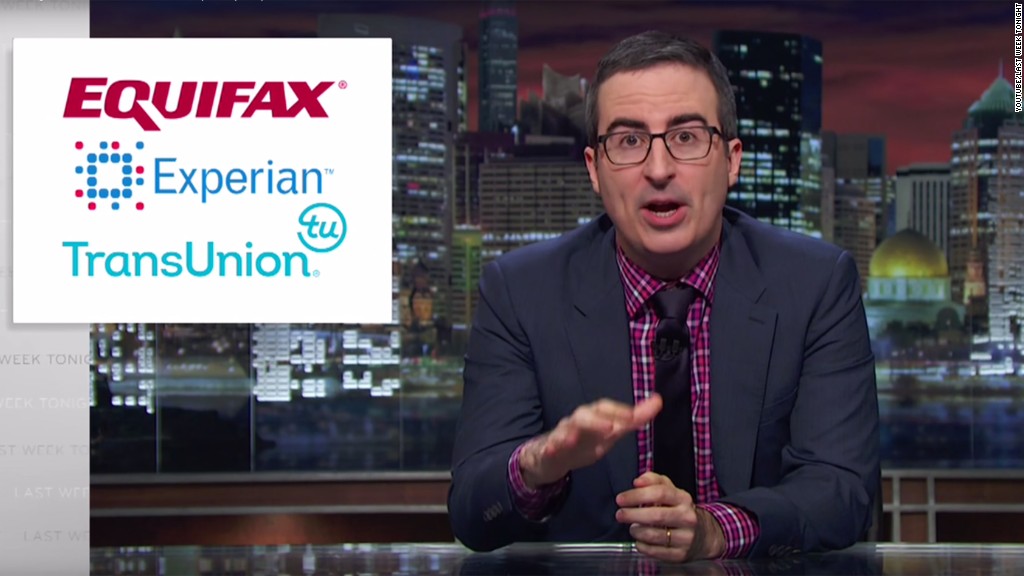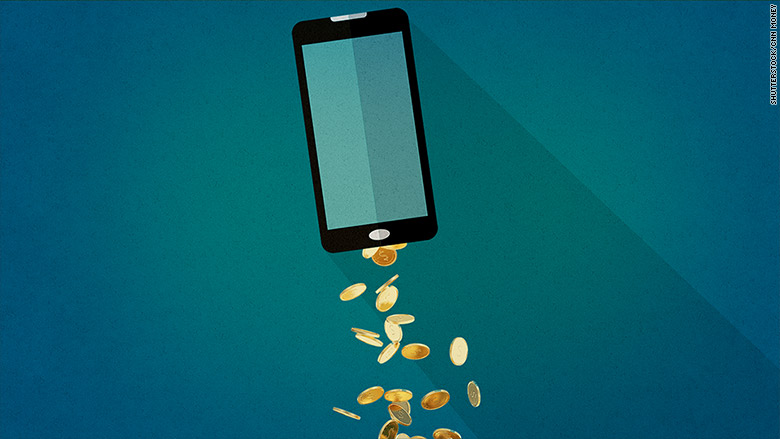
Banks in Asia are using customers' smartphone data points, like how often they drain their battery, to determine whether or not they're eligible for a loan.
While this may sound like an unusual criteria for qualification, Singapore-based startup Lenddo thinks it can help people without traditional credit history borrow money.
Lenddo chairman and founder Jeff Stewart said the company is already helping dozens of banks analyze data from millions of smartphones globally. He declined to name them, citing stipulations of their business agreements.
The 5-year-old firm's software platform analyzes thousands of data points -- everything from a smartphone user's messaging and browsing activity, to the apps and Wi-Fi network they use. Factors like the cellular towers a phone pings are examined, too.
But what does all this have to do with credit scores?

"Online social and [mobile] behavior are predictive," Stewart told CNNMoney.
Take messaging, for example. Elements such as foreign language used and text length reveal behavioral patterns, he added.
While the battery level doesn't matter too much in real time, the company looks at how that changes over a specific duration -- that can convey how consistent someone is and how much they plan ahead.
Lenddo puts the data points into a complex proprietary algorithm, which computes how likely someone will default on a loan. Lenders then decide the default rate they want to accept.
Related: The investing app military families love
Banks either buy a license to use Lenddo's software, which is pulled into an existing bank app, or Lenndo can build a separate app for the bank. It takes less than three minutes to calculate a rate through Lenddo, according to Stewart.
While certain mobile behavior could impact the outcome of a credit score (like always running out of battery power), Stewart said extremely well-maintained smartphones raise a red flag in the system, too.
"Our algorithm looks poorly upon someone who is too robotic," said Stewart. "There's a messiness to being human."
Lenddo's technology has helped banks make millions of dollars in loans since launching globally in January of 2015, he said. But its program is primarily used by lenders in emerging markets, such as Asia, Africa and Latin America. Most people in those regions don't have traditional bank accounts or credit cards but access to a smartphone is increasingly greater.
The average size of a loan is about one month's pay -- in the Philippines that's about $400, says Stewart -- with an average payback period of nine months. While the number of loans Lenddo has helped distribute so far isn't public, the volume has grown more in the past month than in all of the fourth quarter of last year, he added.
Lenddo's goal is to help 1 billion people get access to financial services by 2020.
Related: Your smartphone knows if you're a good driver
Even though Lenddo isn't used in the U.S., insurance firms like Liberty Mutual and State Farm have started to adopt similar methodology to help determine car insurance discounts.
For example, the companies have asked customers to submit information collected from their smartphones' GPS, accelerometer and gyroscope to learn how people drive, brake and make turns.
The trend of using smartphone data to make financial decisions is expanding in other categories, too. Lenddo is already helping companies like Globe and Indosat, two telecommunications networks in the Philipines and Indonesia, become lenders.

